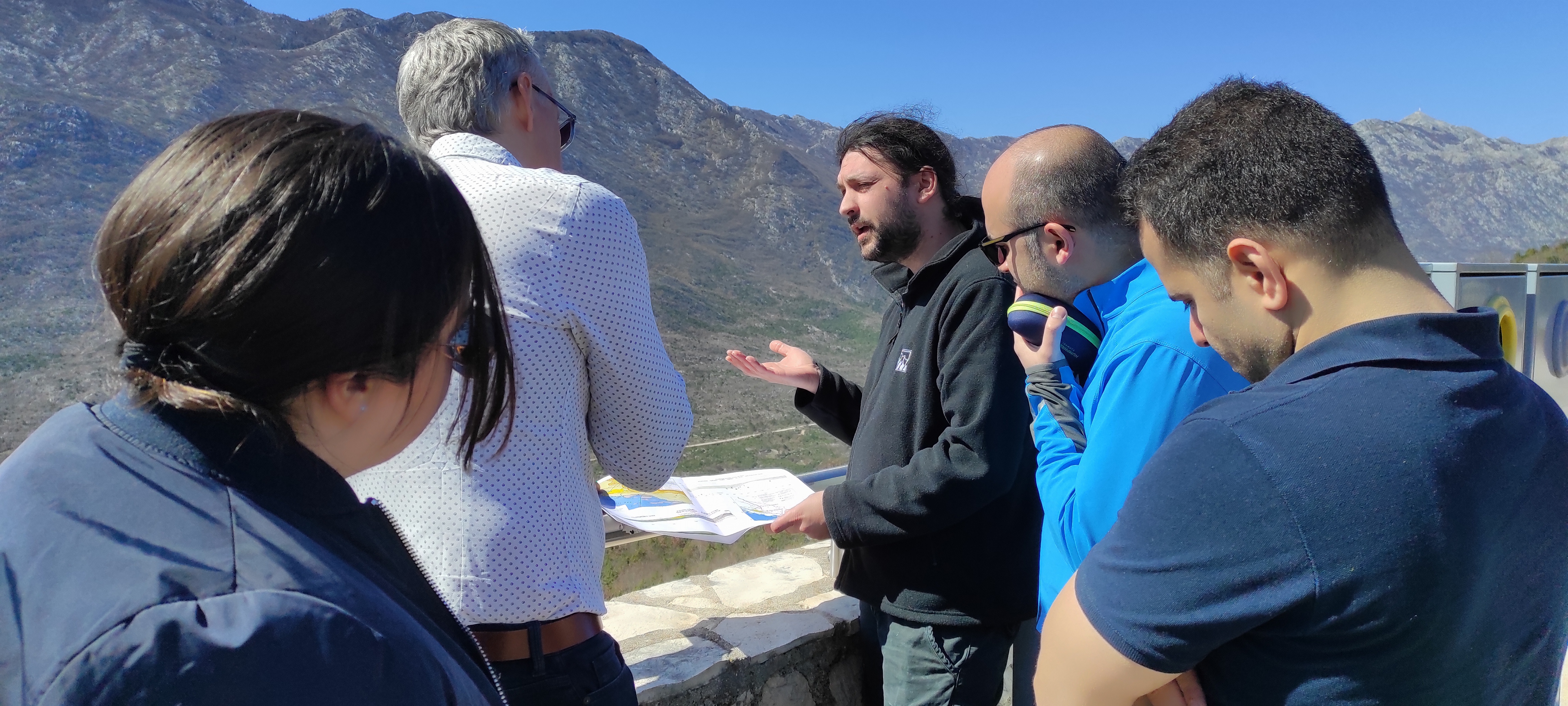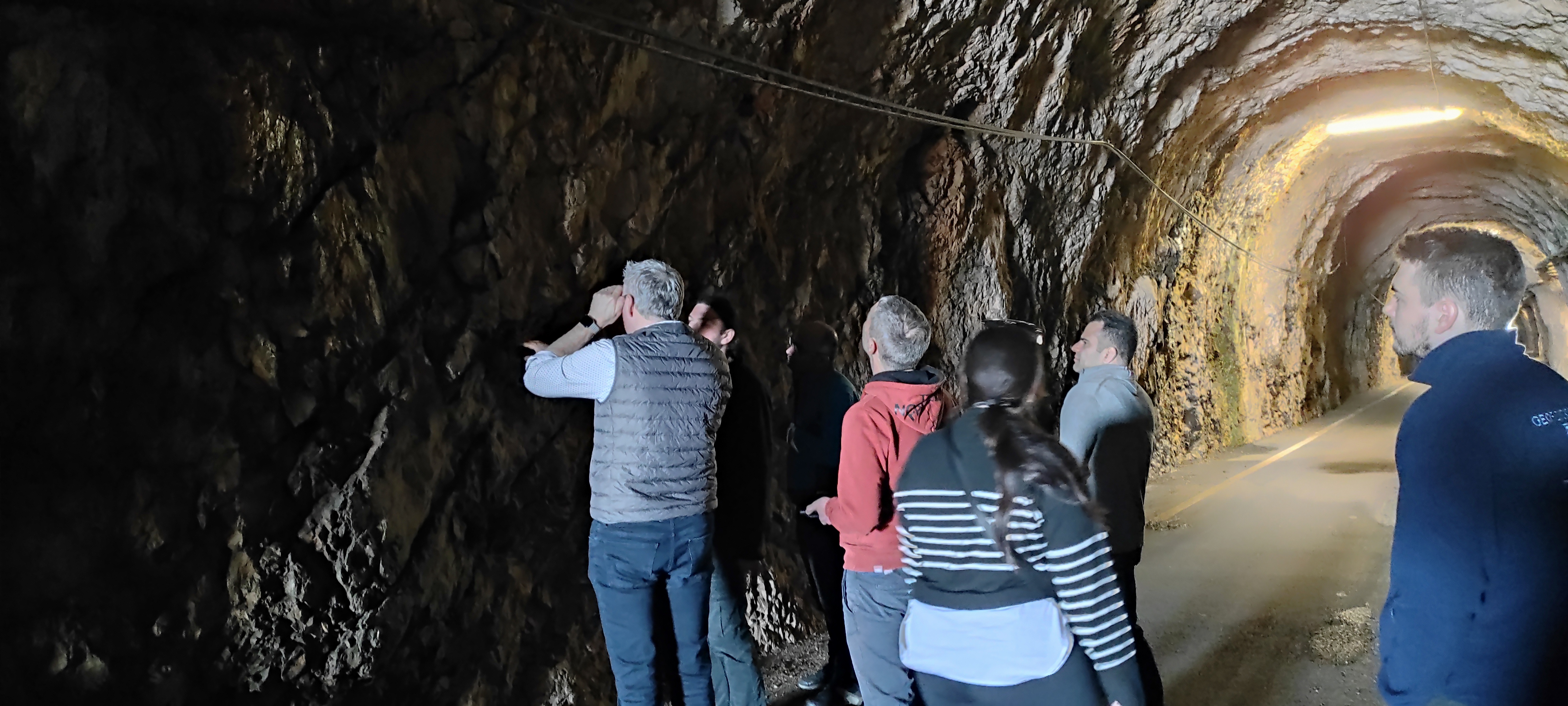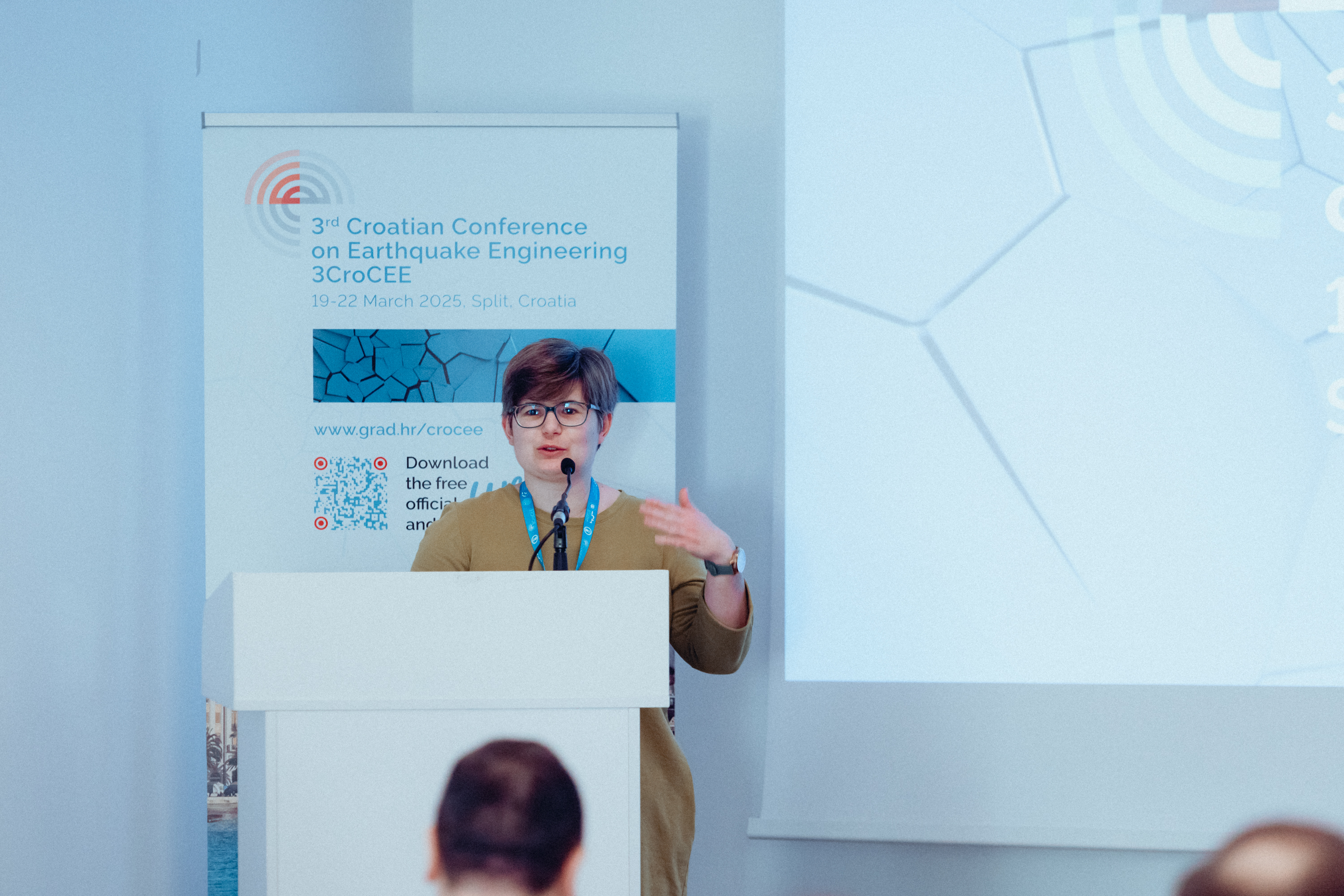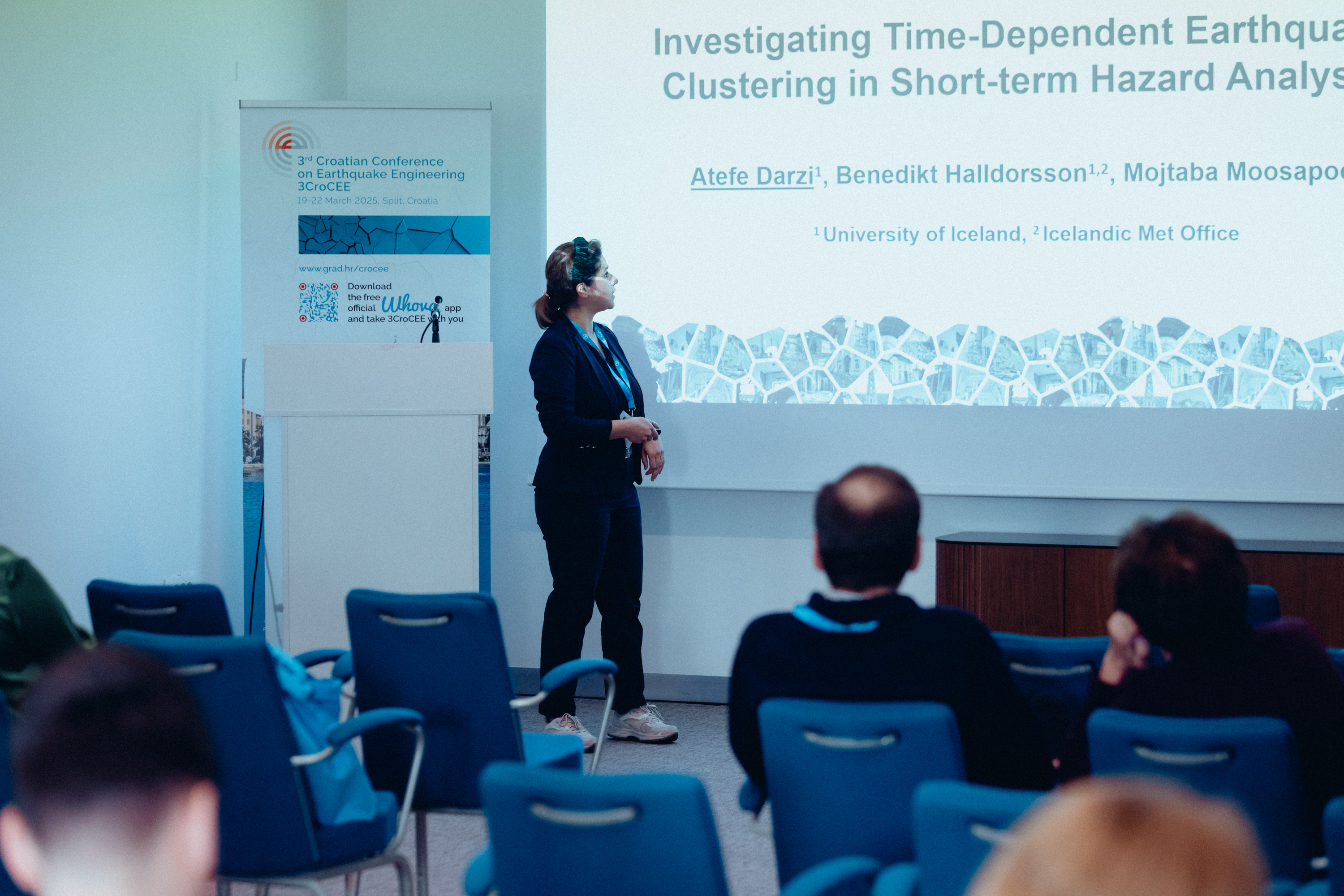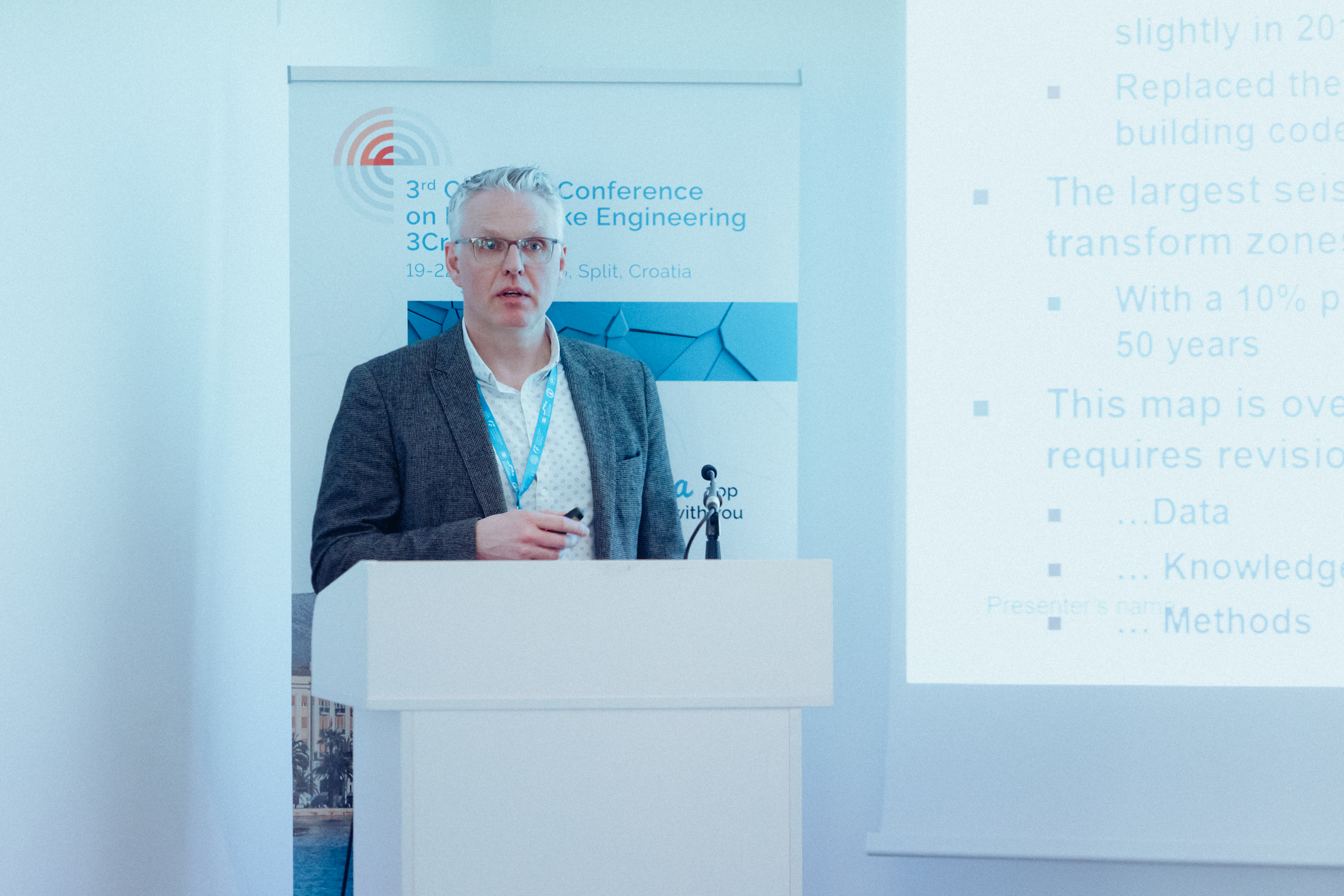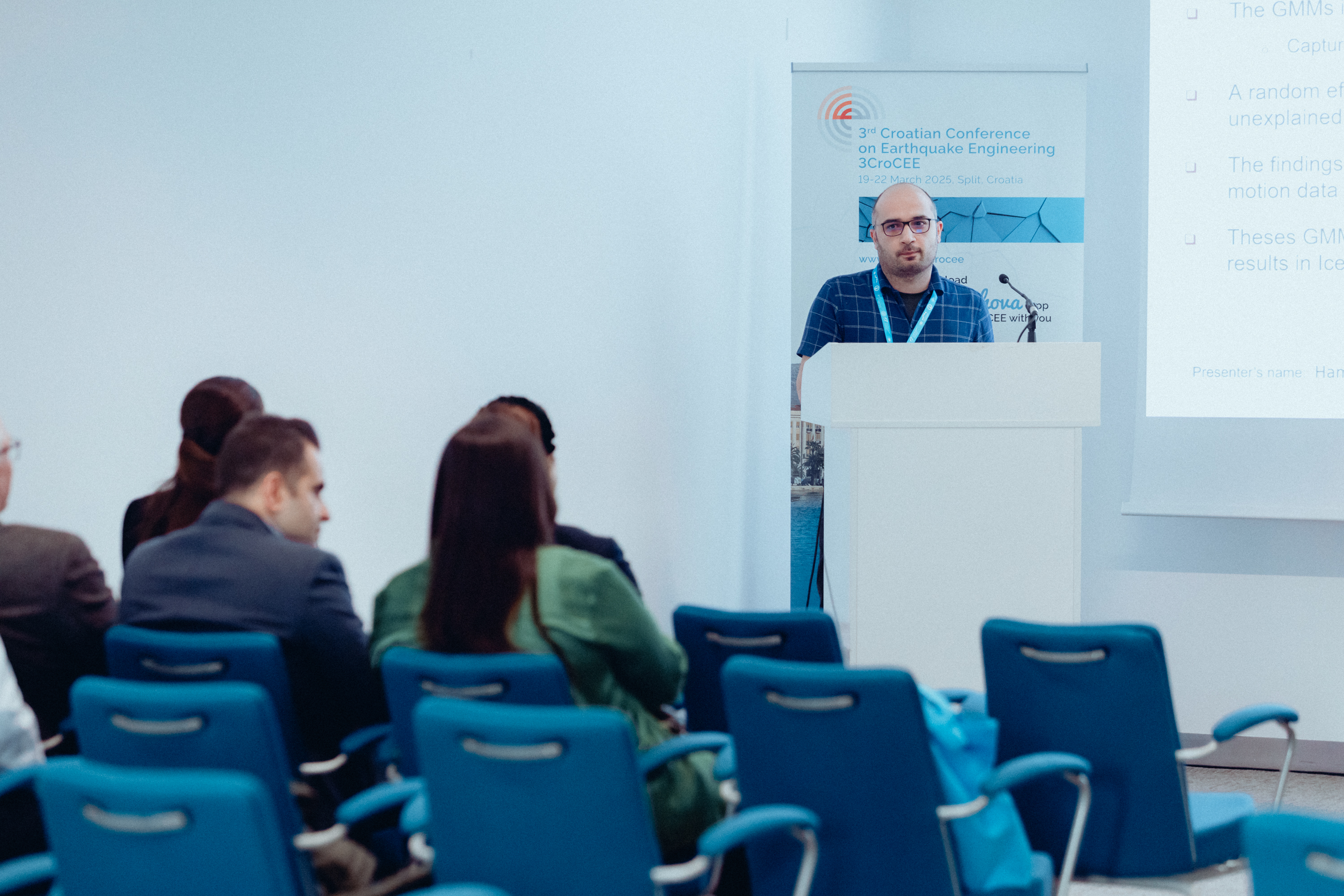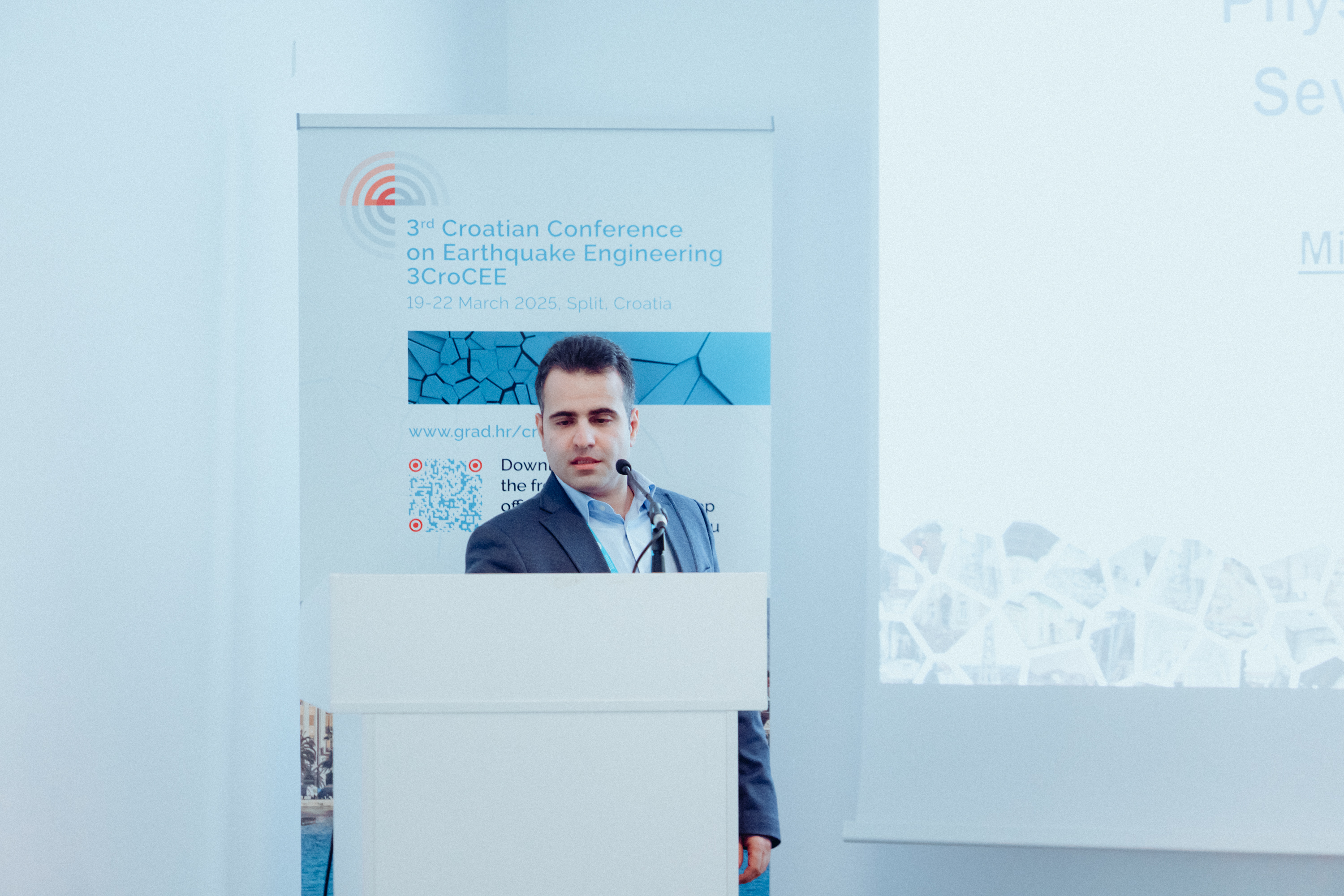Bilateral project in the Local Development and Poverty Reduction Programme
First steps in revising seismic hazard assessment in Croatia
University of Zagreb
|
PartnerIcelandic Met Office
|
|
Principal investigator Assoc. Prof. Josip Stipčević |
Principal investigator Prof. Benedikt Halldórsson |
|
Project collaborators dr. sc. Tena Belinić Topić |
Project collaborators Dr. Farnaz Bayat |
Project's objective
Creating a solid foundation for future bilateral activities between Iceland and Croatia for seismic hazard assessment of the next generation in Croatia.
Probabilistic seismic hazard assessment (PSHA) is the basis for the mitigation of seismic risk in earthquake-prone countries worldwide through a codified earthquake design of structures. A reliable PSHA is based on the quantification of the location, extent and activity of seismic sources that threaten the built environment and society, together with the regional ground motion models (GMMs) that indicate the scaling of seismic amplitudes with earthquake magnitude and source-site distance.
The objective of this proposal is to establish a reliable framework for the development, selection and use of seismic ground motion models to be applied in a revised PSHA and to define bilateral activities to achieve this objective attained through the following:
- Calibrate a set of GMMs for Croatia in the context of the Bayesian statistical framework using the procedure developed in the IMO;
- Definition of bilateral activities, their dynamics and budget in the framework of the future project (e.g. objective ranking of GMMs by data-driven methods to establish a baseline GMPE for Croatia, quantification of epistemic uncertainty associated with the new GMMs, correlation/verification of the HEM-derived GMPE for Croatia, …).
Project financing
The project is financed through the Local Development and Poverty Reduction Programme. The aim of the project is to make Croatian society more resilient to the impact of destructive earthquakes.
The EEA Grants and Norway Grants the represent Icland's, Lichtenstein's and Norway’s contribution towards a green, competitive and inclusive Europe. Through the Norway Grants and the EEA Grants, Iclenad, Lichtenstein and Norway contribute to reducing social and economic disparities and to strengthening bilateral relations with beneficiary countries in Central and Southern Europe and the Baltics. The priorities for this period are: Innovation, Research, Education, Competitiveness and Decent Work; Social Inclusion, Youth Employment and Poverty Reduction; Environment, Energy, Climate Change and Low Carbon Economy; Culture, Civil Society, Good Governance and Fundamental Rights; Justice and Home Affairs.
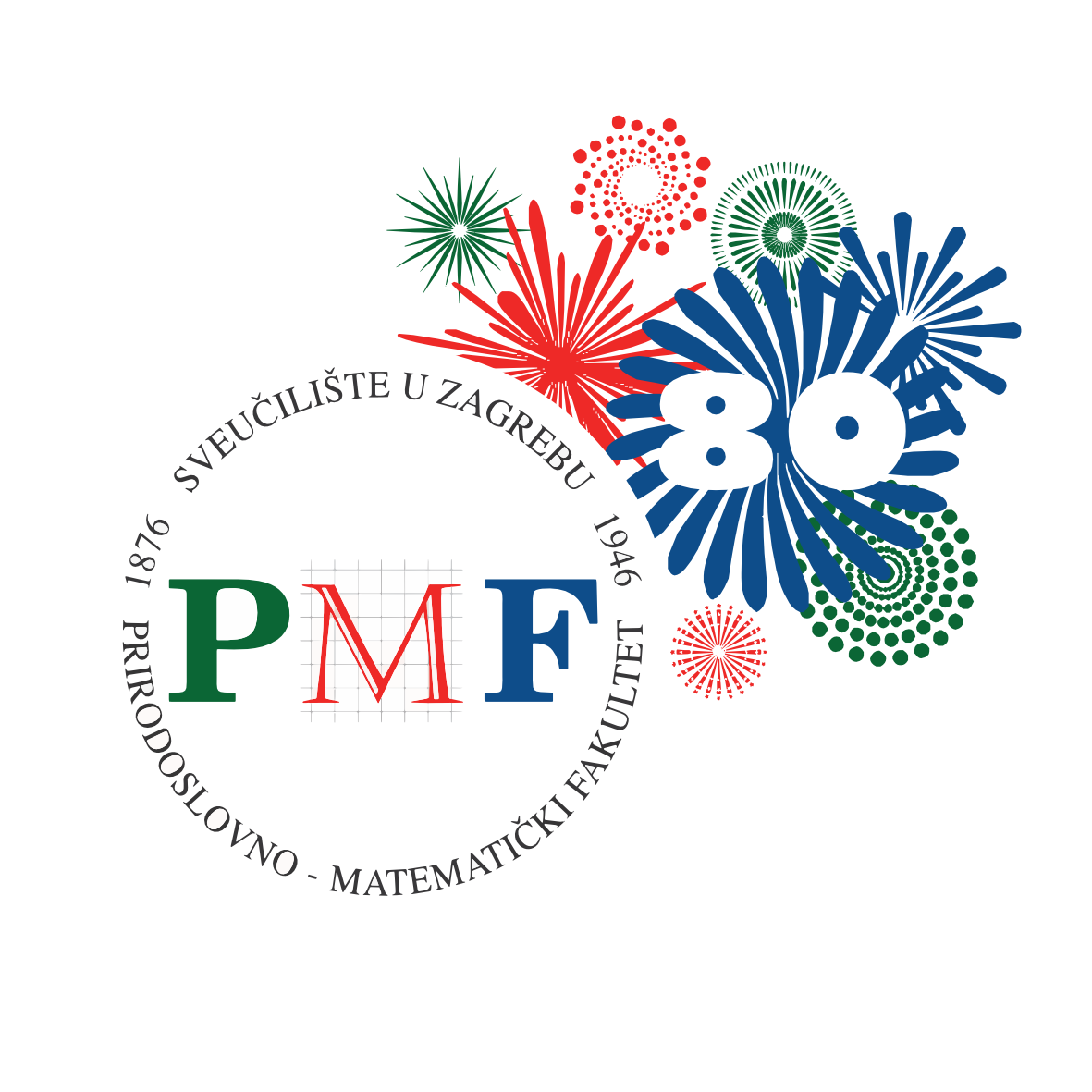
 Pristupačnost
Pristupačnost